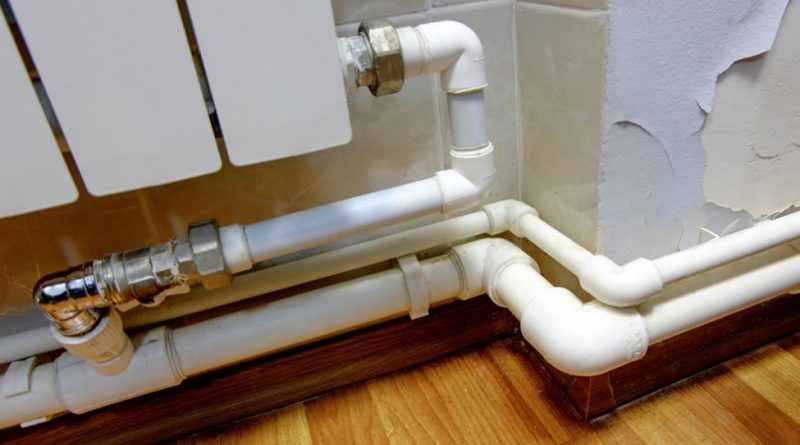Preventative Winter Plumbing Tips
Preventative Winter Plumbing Tips
The last thing anyone wants to deal with in the winter months is cleaning up bursted water lines in their home after they’ve frozen.
If you live in an area where the temperatures frequently plunge below freezing in the wintertime, you’ll want to check out the following tips to increase plumbing sustainability when pipes are most at risk in the colder months.
Drip Your Faucets
An easy way to prevent frozen pipes in the winter is to maintain a slight drip in your faucets when you’re headed out of the house or going to bed at night.
This will keep a small trickle of water going through the plumbing at all times, which can make it harder to freeze up between uses.
Keep Cabinets Open
Another thing you can do to keep the pipes from freezing is to keep the cabinets open where the pipes are concealed, like under sinks.
This will allow the pipes to be exposed to more heat and make them less likely to freeze. You may want to consider doing this especially to the pipes that are on exterior walls.
Fix Any Leaks
If you already know of small leaks in your pipes going into the winter, you should prioritize getting these fixed before the cold weather really settles in.
Not only are leaks a waste of resources, but upon freezing, leaking pipes can be more likely to burst and expand and cause more damage and mess for you to clean up.
Consider Pipe Insulation
Particularly in places in your home that get very cold in the wintertime, like in basements, crawlspaces, or exterior areas, you may want to take extra steps to protect your plumbing systems.
This may require you to add pipe insulation to exposed areas that get more cold than others. Pipe insulation should be easy to find at your local hardware, and fairly simple to install.
Disconnect Outdoor Spigots
One culprit of freezing pipes in the winter are the outdoor lines that are connected to the spigots in your front or back yard. Since these are exposed to the elements directly, they can freeze much more quickly and easier than your indoor pipes and wreak havoc on the rest of your plumbing system.
So, make sure at the end of each summer that you disconnect outdoor pipes by taking off the hose and turning off the valve for the outdoor spigot.
– Written by Bailey Schramm

